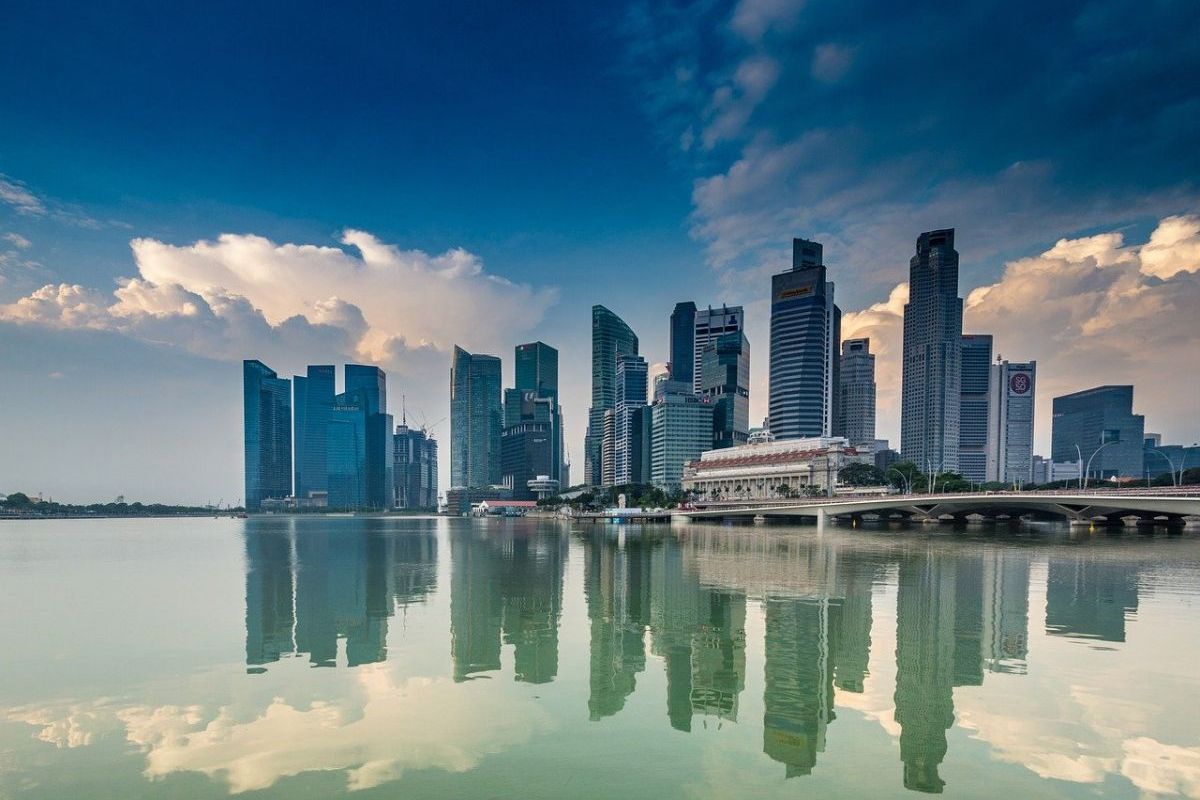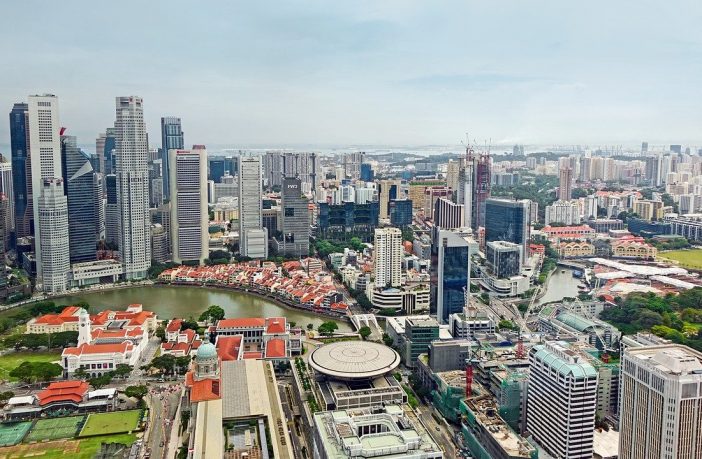The main feature of Singapore’s economy is its developed market system, which is formed by exports. Large revenues belong to the sale of consumer electronics, information technology, pharmaceutical industry and financial services. Singapore’s economy is also dependent on transnational corporations and is characterized by transparency of operations and absence of corruption.
How Singapore’s economy is developing
The state has one of the highest GDP in the world, and per capita is more than 28 thousand dollars.
The world crisis of 2001 in the segment of machinery affected the country’s economy, but by 2005 the situation began to improve. While in 2005 the unemployment rate was 3.3%, by 2008 it had dropped to 2.2%.
Singapore’s economic growth has been steady since 2010. This has been achieved through investment in the pharmaceutical and medical industries. The country is considered the financial hub of Southeast Asia.
Singapore has made a dramatic leap, reaching the level of developed countries in a short time. Companies Singapore Airlines and Fairmont Raffles Hotels are known all over the world. The country has developed shipbuilding, electronics and financial services. The segment of biotechnologies is actively invested.
The Singapore economy has several advantages:
- investment-friendly environment;
- stiff competition, which stimulates business development.;
- decent level of education of the population, availability of qualified specialists;
- high living standard.
Despite a number of advantages, there are also disadvantages. The country does not have sufficient water resources and supplies from Malaysia. Singapore has almost no food production and most of it is imported.
Against the background of rapid development, the state has a shortage of specialists, and offers in the commercial real estate market do not cover the demand.

Singapore is one of the largest ports. It ranks 3rd in the world after Houston and Rotterdam in terms of oil refining. The country has a developed semiconductor production.
From an economic point of view, Singapore is an excellent option for opening and expanding business. The financial infrastructure is ideally set up here, the state is stable and has transparent legal mechanisms. There are over 120 offices of international corporations in the country.
The state tax system was created to attract foreign investors. For them, a set of incentives and a simplified system of doing business have been outlined.
A large percentage of Singapore’s capital comes from the service sector, which employs over 70% of the population.
One of the priority areas is the development of small and medium-sized businesses. Such businesses account for 92% of all registered companies and provide good GDP growth and new employment opportunities for the population.




